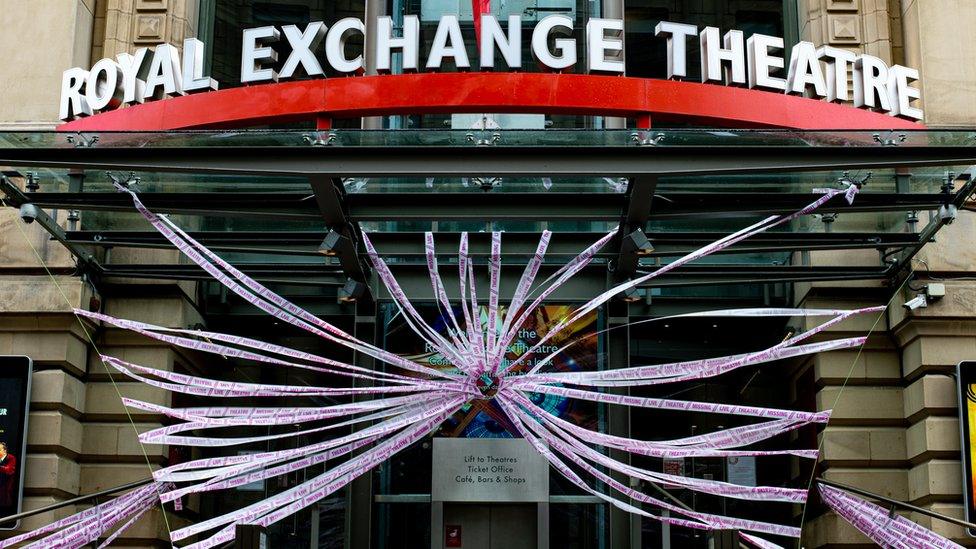Covid vaccine passports in Wales: Are you for or against?
- Published
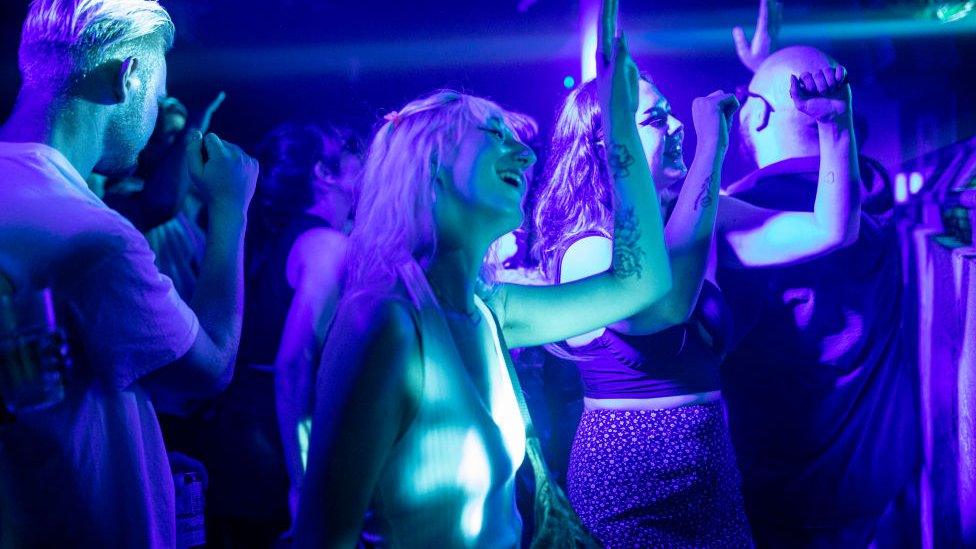
While some say vaccine passports would make them feel safer, others say it is too challenging for the night-time industries
Vaccine passports continue to divide the UK, with Wales yet to decide.
This week the Welsh government will determine whether proof of vaccination is needed for some events.
Scotland is bringing them in for over-18s from 1 October, but England has scrapped plans to introduce them.
BBC Wales spoke to students, a night time industry boss and someone who has spent nearly two years shielding to ask who has got it right.
'Is there any point?'
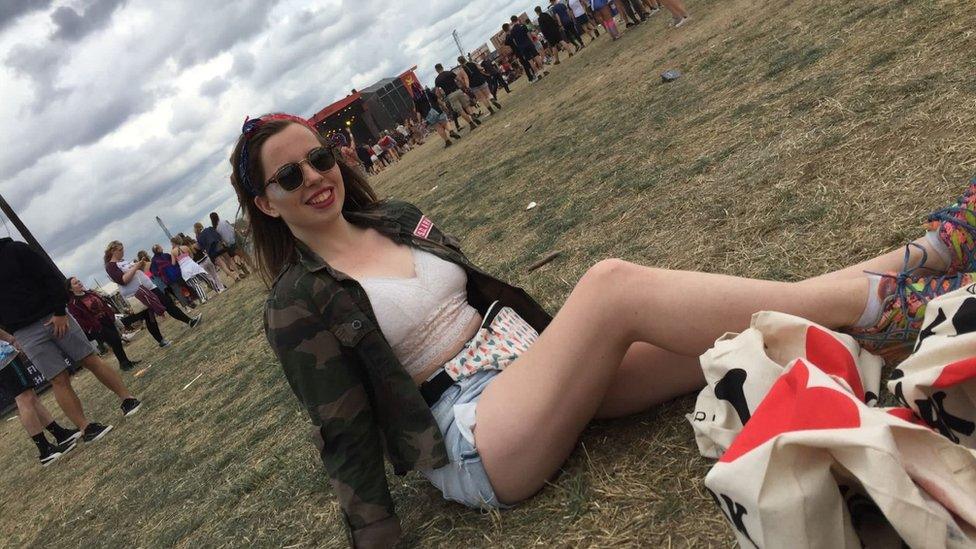
Gabriela Page can see both sides of the argument
Gabriela Page, 20, said that while she could see how introducing passports "will make people feel safer and open up the economy and hospitality sector", part of her questions whether "it's a waste of time".
"When I went to Catfish and the Bottlemen in Swansea, I did have that reassurance that all people had either tested negative or had the vaccine so there was that level of comfort," the University of South Wales journalism student said.
But the avid festival-goer said the "faff" could turn a lot of people away from clubbing.
"Going to the concert I didn't have the right email, so I had to log back into the app to prove I was vaccinated.
"I think a lot of people are going to think, 'what's the point? Let's stay in and have a house party'.
"I think it's going to push people to become more impatient."
She said providing proof of a negative test would be "the better way of doing it" because you could still be vaccinated and spread the virus.
Ultimately, if the Welsh government make Covid vaccine passports compulsory, she said she would do "whatever it takes because I'm desperate to get back out there".
'It'd do us a favour'
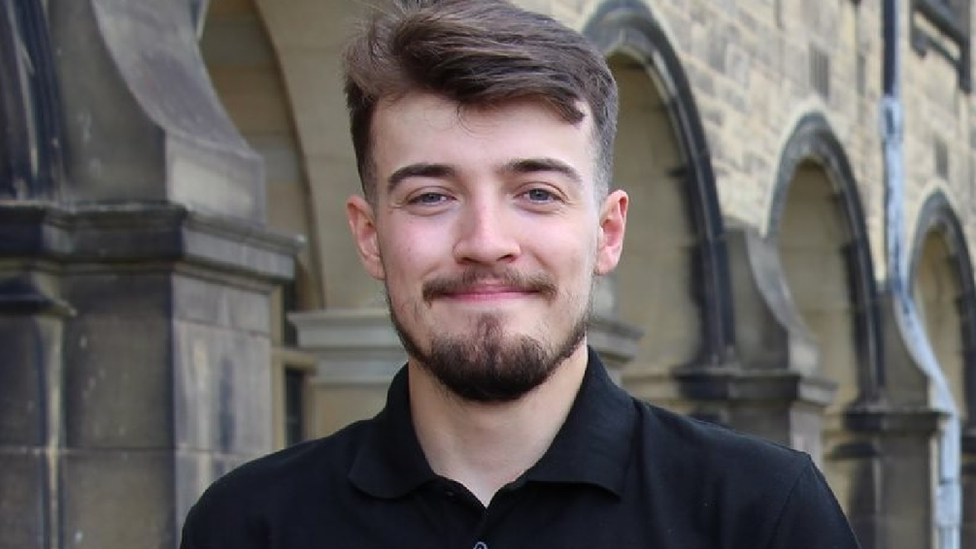
James Avison says the decision will have an impact on students' university experience
James Avison, 24, president of the student's union at Bangor University, said vaccine passports could "save us having to go into another lockdown in a couple of months".
"It's a small thing in the grand schemes of things that could do us a favour."
He said having vaccine passports could mean fewer transmission of the virus which would mean in-person lectures and other sporting activities could still go ahead.
"In September we are going to have a lot of students who've never been to a club or pub before - we want those students to feel safe and welcome," he said.
He added there will be options for students to socialise at events safely if the Welsh government do not make it compulsory to show proof of being double-jabbed.
'Vaccine passports would give me confidence to go out again'
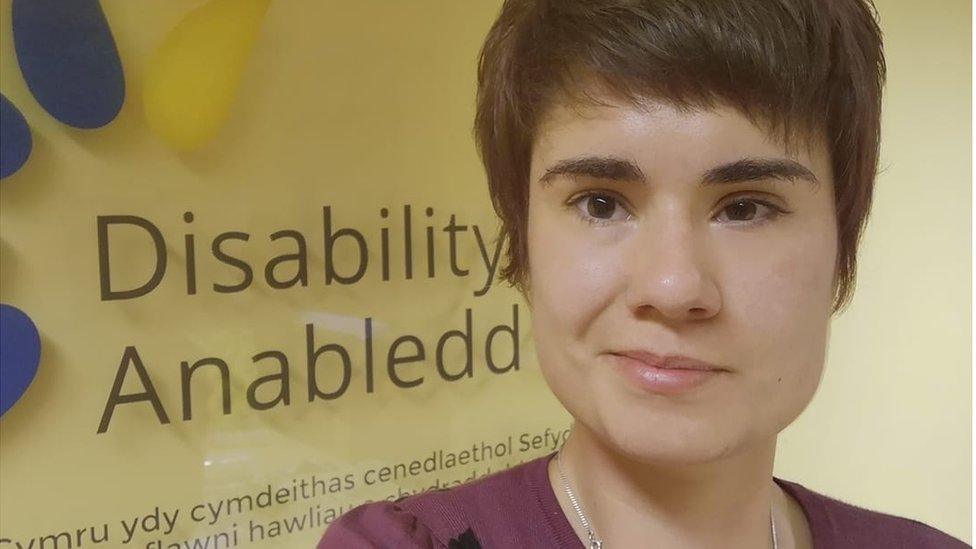
Alex Osborne has been shielding throughout the pandemic and says vaccine passports would help her feel safer
Alex Osborne, 31, from Caerphilly, has multiple sclerosis and has been shielding throughout the pandemic.
She said vaccine passports would help her and others to venture out into public again.
"I have been shielding since the start of the pandemic and I've been told by my neurologist I should continue to somewhat shield, avoid crowded places and public transport because I don't have any immunity, even though I've been double-jabbed," she told BBC Radio Wales Breakfast.
"It is a hard one, I understand why people don't want a vaccine passport, but for me I've got a lot of tickets for things I booked before the pandemic, in the stadiums and everything, and it's quite a worry for me - the idea of going along to these events if there could be a lot of unvaccinated or people that could be carriers there because I would be likely to get very ill if I caught Covid.
"While I'm happy to avoid certain things to keep myself safe, as everyone says, we do need to start going out and doing things, it is a big worry for me - do I go along to these things that I've got tickets for?
"I've got some for England and for Wales. At the moment I doubt I'll go to the ones in England and I know that the vaccine passports would just make me feel that bit safer about going to these massive events.
"Everyone's pretty anxious at the moment going out and about. Obviously I've been - a lot of people have been - shielding for nearly two years. We are starting to go out and about more and a lot of people are still very worried.
"Passports just help with that anxiety for a lot of us that have been told that being around others is such a big risk," she said.
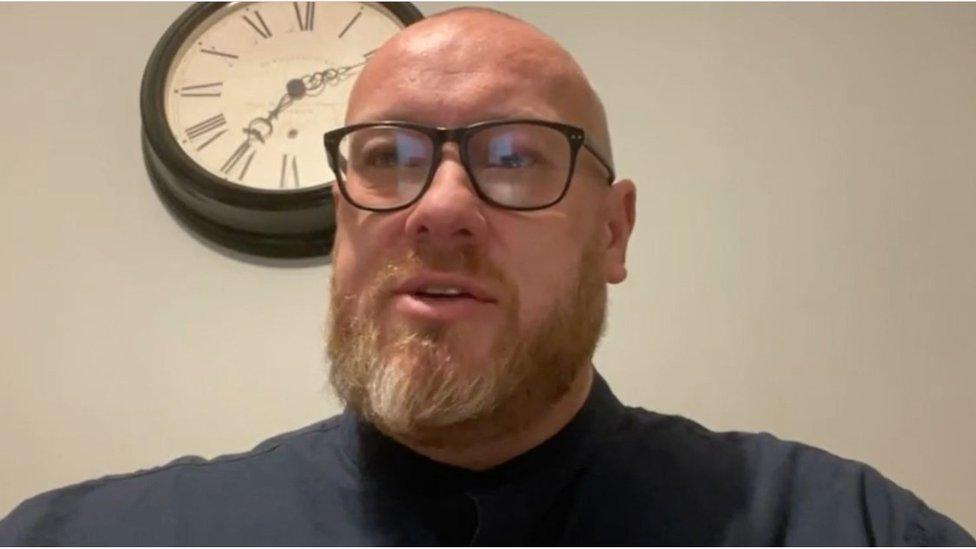
Michael Kill says the industry does not take safety lightly
'A step too far'
Michael Kill, chief executive of the Night Time Industries Association, said businesses had suffered enough and could not cope with the additional challenges presented by vaccine passports.
He said safety was not something being taken lightly by the industry, but businesses needed to keep their doors open.
"It has quite a catastrophic impact on the industry as a whole. There have been considerable logistical and ethical challenges," he said.
"Wales and the industry as a whole have done a fantastic job in terms of mitigating risk with some of the measures they've put in place in terms of lateral flow tests, in terms of the sanitation. We just feel that the Covid passport is a step too far.
"I think the one thing that we've all got to recognise is that it's one mitigation that was that one level too far for us. We do a phenomenal job making sure that people are safe and we're not losing sight of the fact that we've got a huge responsibility to our customers and our staff to make sure that they're safe and people are able to come to our settings and enjoy, but with the knowledge that we're doing everything possible.
"So from our perspective it's not to lose sight that we've still got a job to do but we just felt that the conditions around Covid passports made it extremely difficult and challenging, particularly within the settings that we represent.
"One of the biggest challenges we've got is staffing. There are considerable amounts of people, particularly on the double vaccination front, that are very sceptical about it, have not yet bought into it.
"We're already suffering staff shortages, I know Wales is seeing a huge amount of shortages in security and staffing.
"We already have lateral flow tests and PCRs that are in place for many of the venues. We're not taking things lightly. What we've looked at is how we can do things practically to ensure that we can still remain open but we can retain a safe environment.
"This is not about businesses wanting to open and earn money, this is about businesses wanting to have a balance after being closed for 18 months and being at the sharp end of the pandemic.
"I absolutely hear Alex's point and it is an extremely difficult situation and I completely support the fact that people want to be confident to be able to return, but in the same respect we've got to try to learn to manage this and be able to operate and be able to open the doors for some of these environments," he said.

A KILLING IN TIGER BAY: The full and shocking true story

- Published10 September 2021
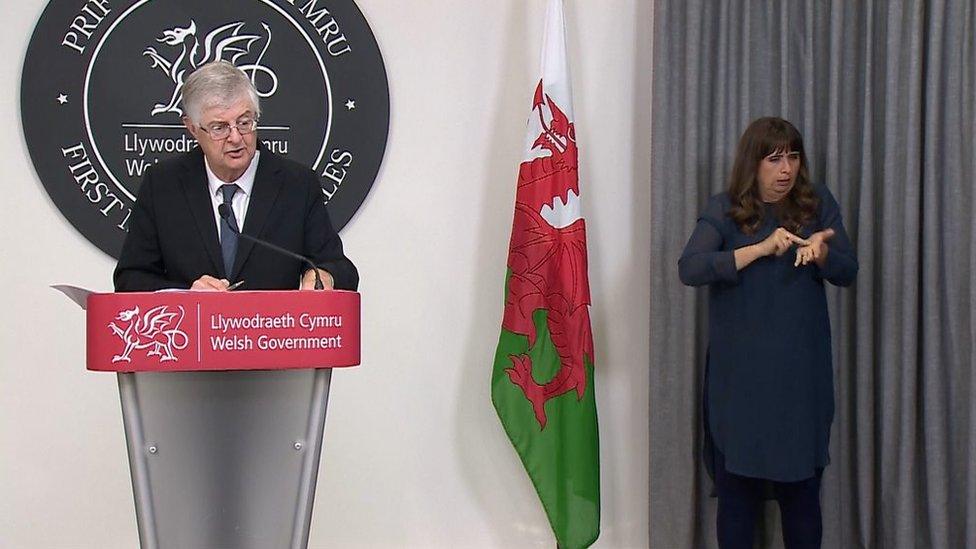
- Published9 September 2021
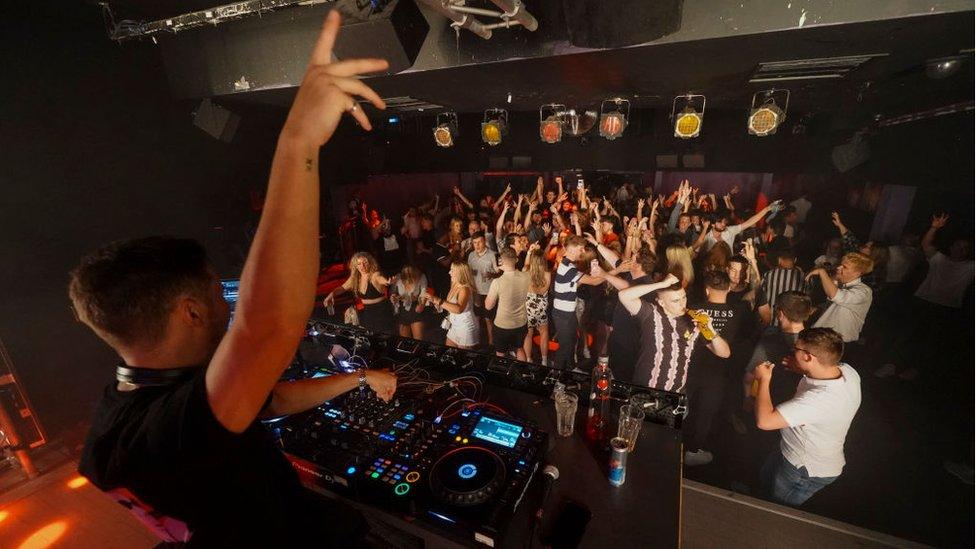
- Published12 September 2021

- Published12 September 2021
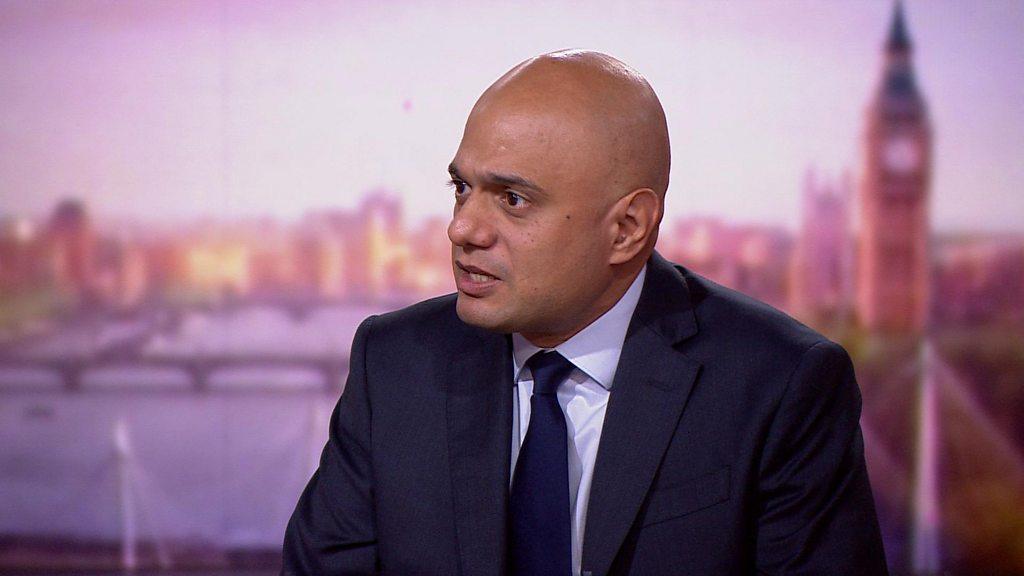
- Published10 September 2021
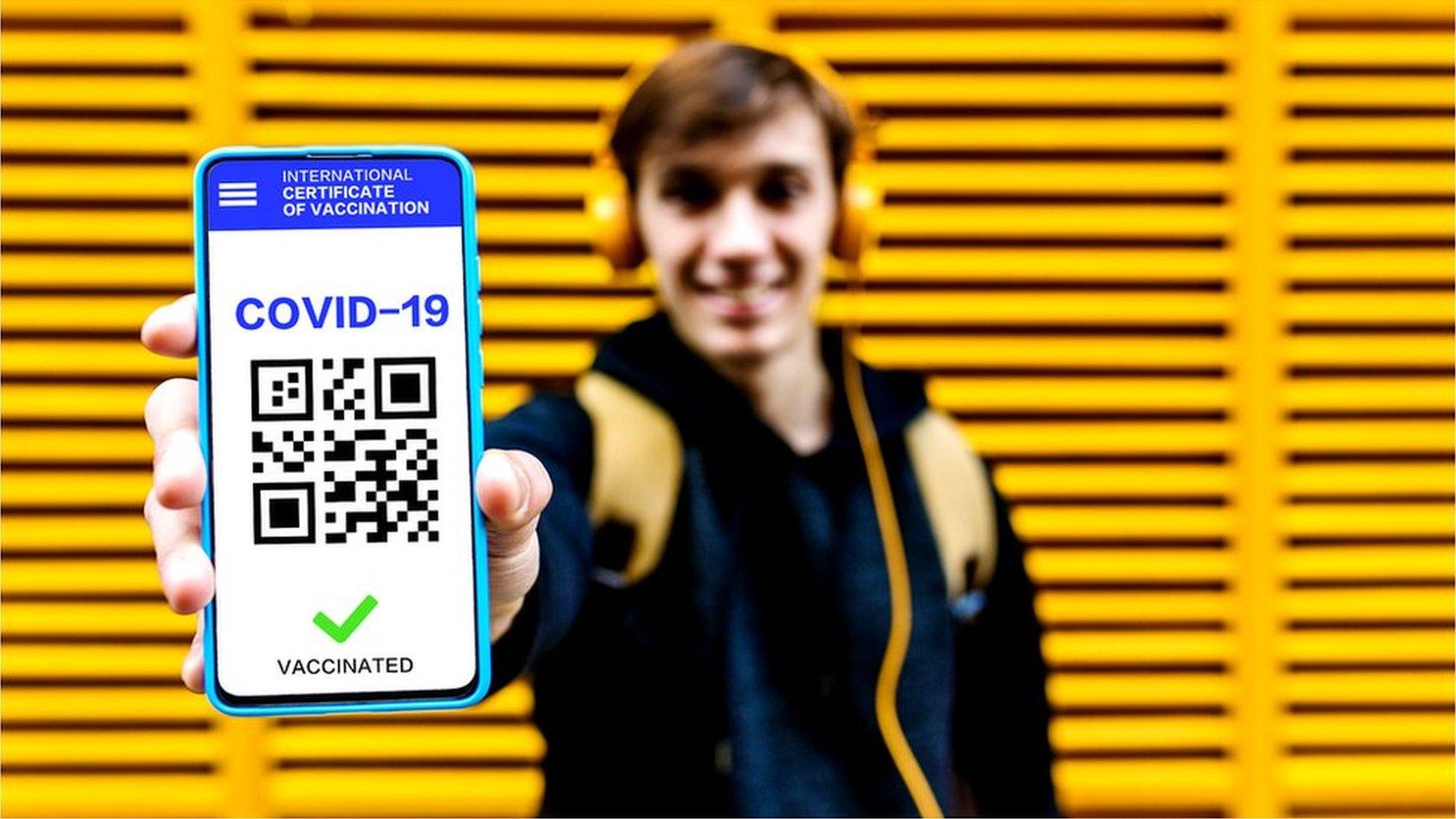
- Published8 April 2021
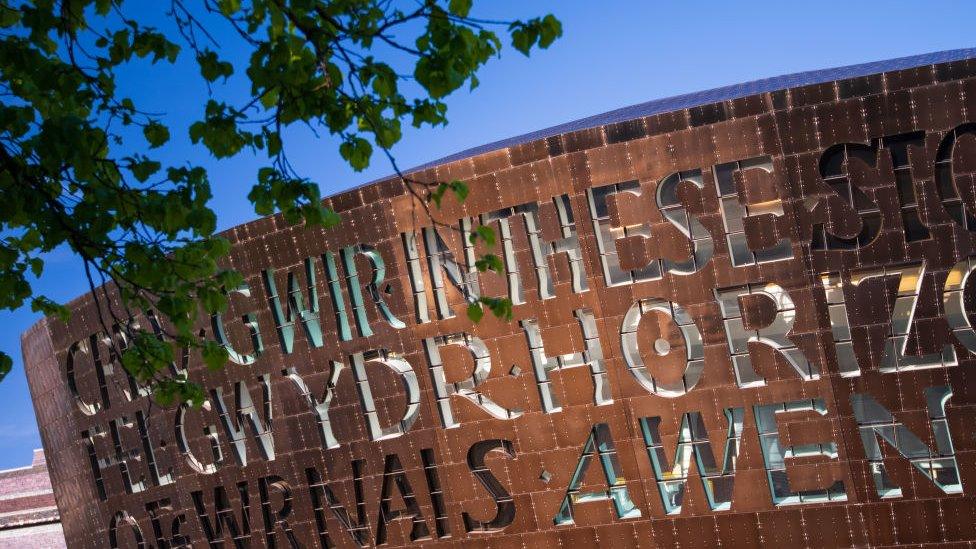
- Published8 April 2021
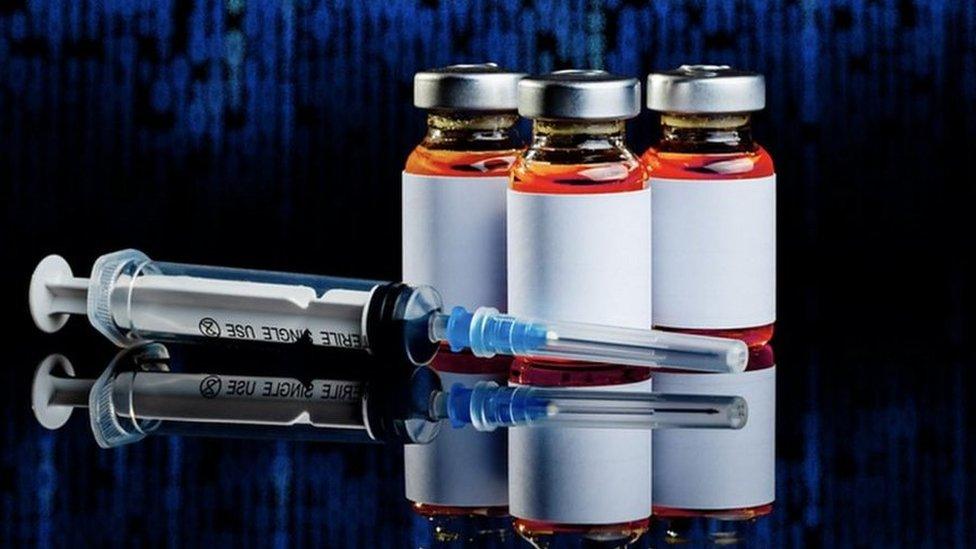
- Published2 April 2021
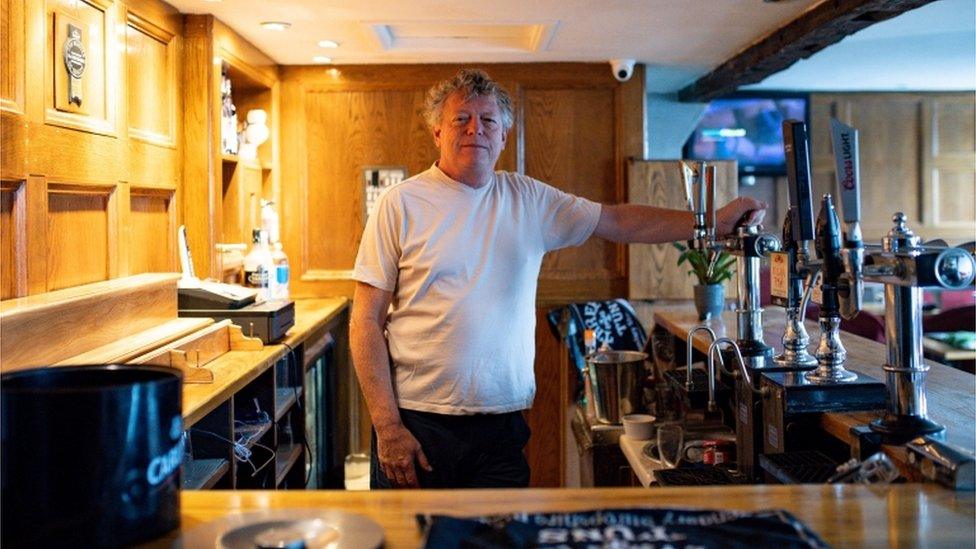
- Published4 April 2021
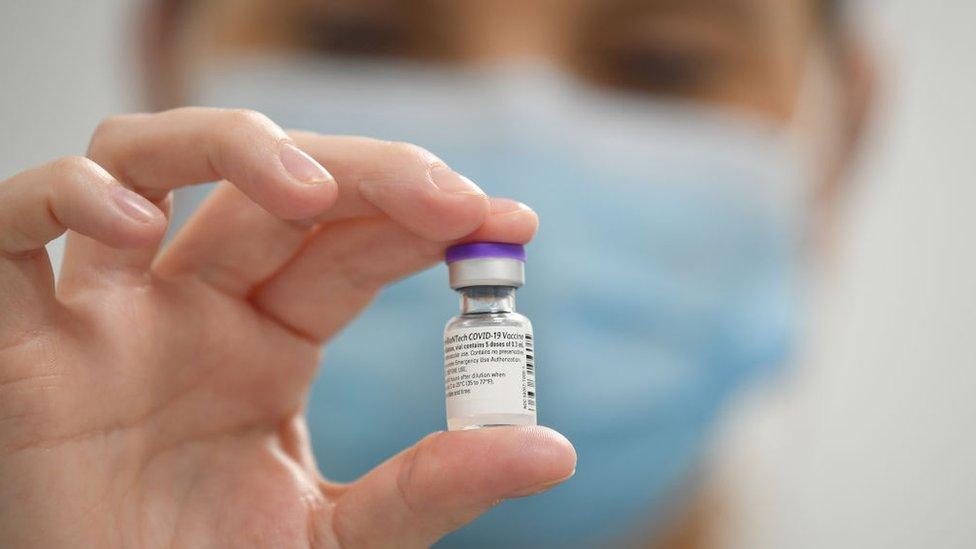
- Published6 August 2021
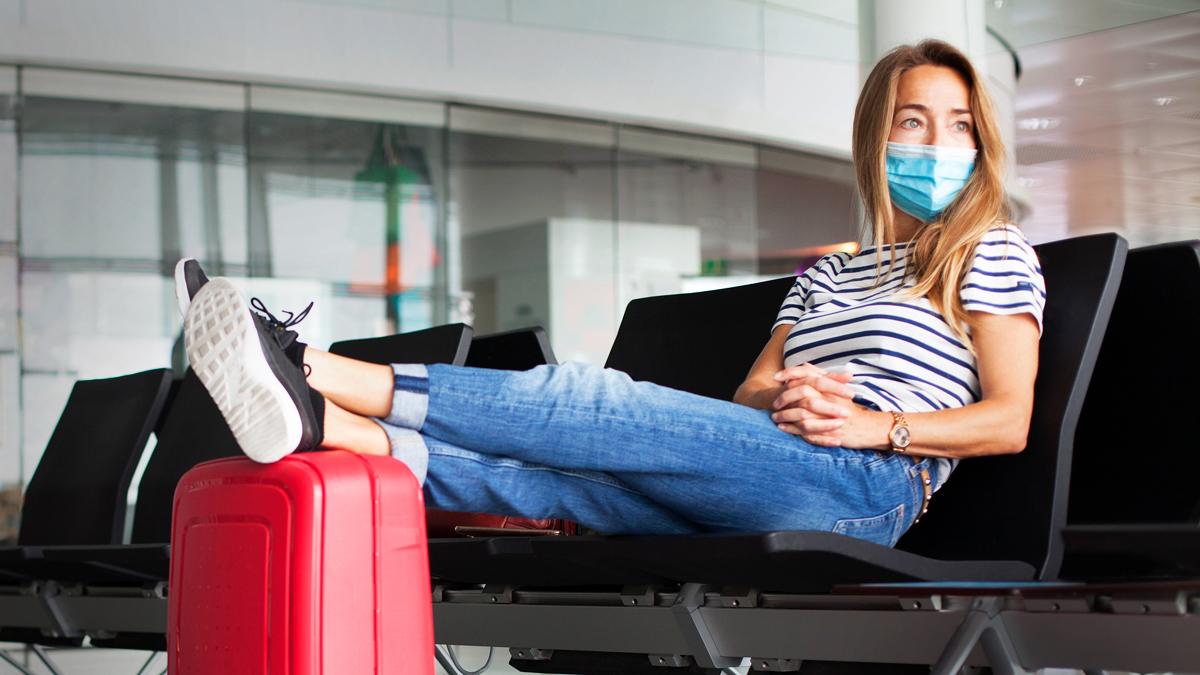
- Published5 September 2021
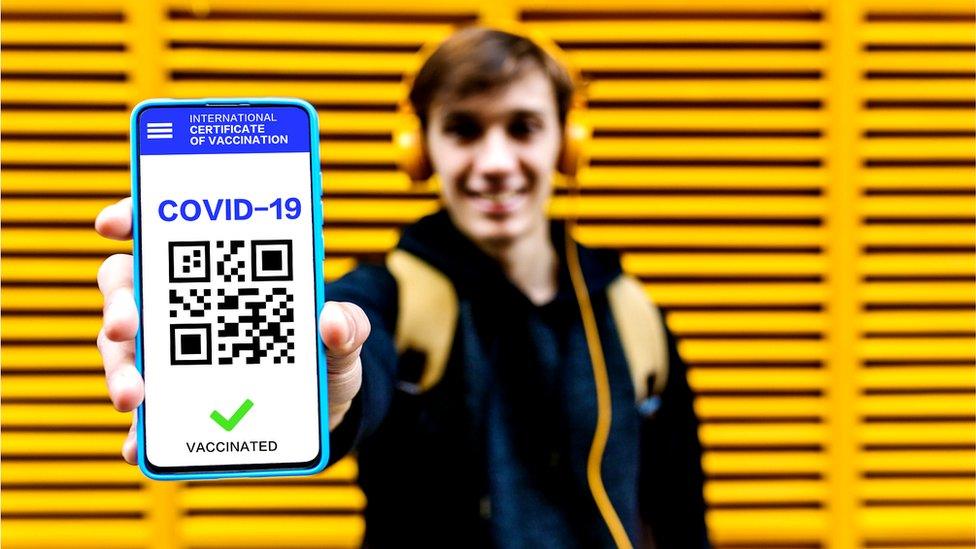
- Published5 September 2021

- Published12 June 2021
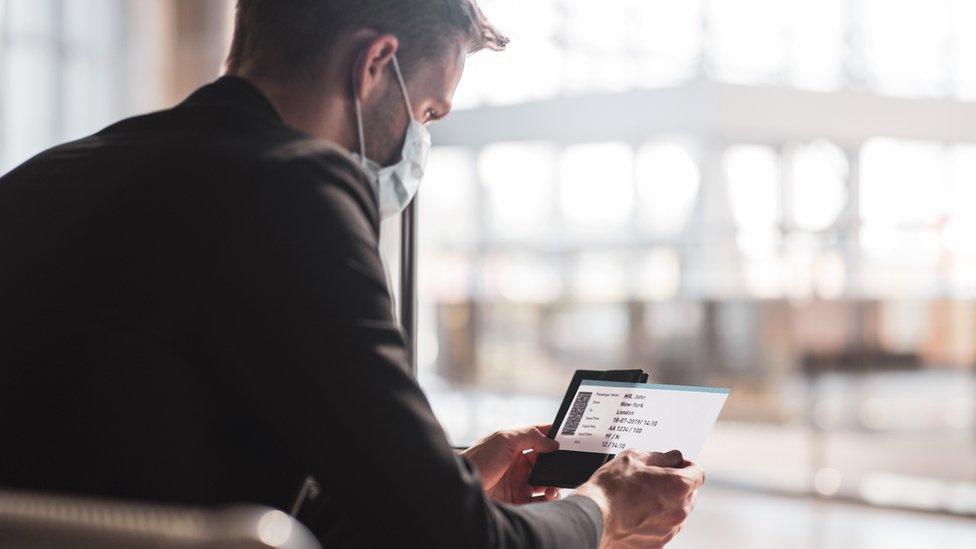
- Published27 March 2021
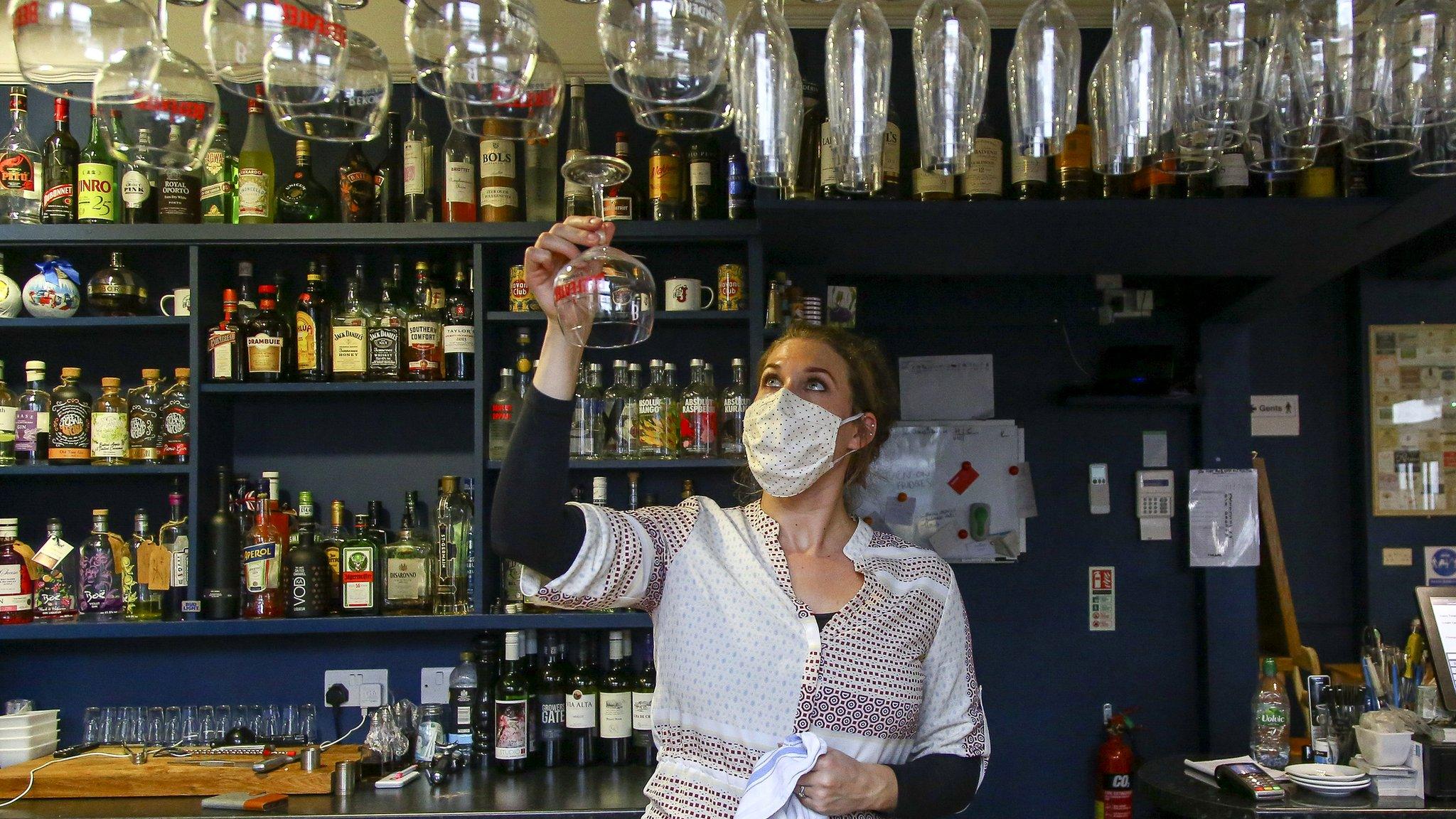
- Published28 March 2021
